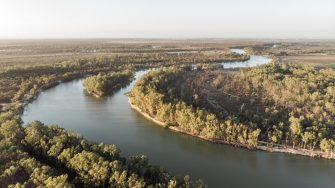Submission to the Inquiry into the National Water Commission (Abolition) Bill 2014
The National Water Commission has performed and excellent service in coordinating water reform in Australia, as an independent organisation at arm’s length of state and Federal governments.

